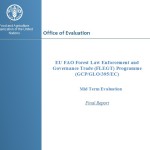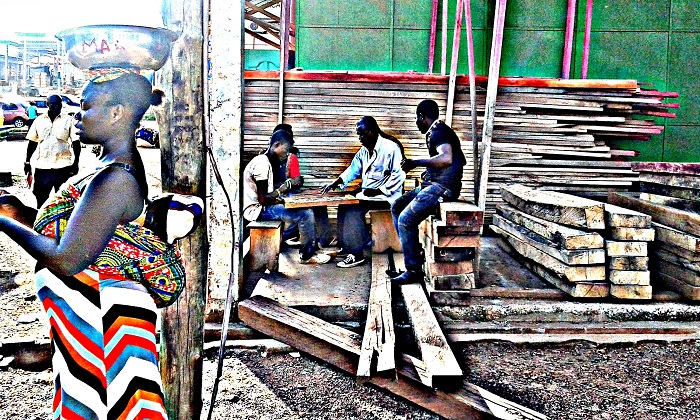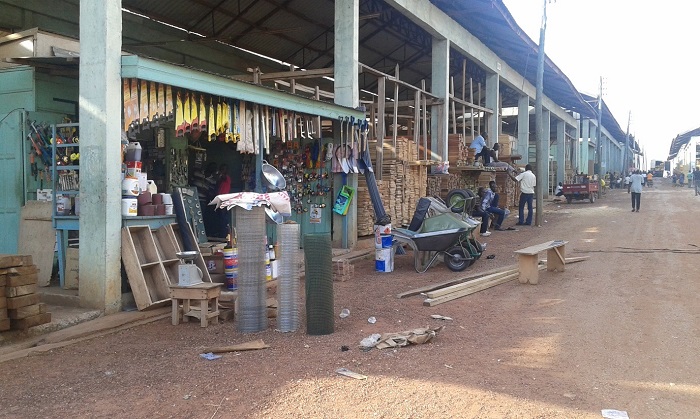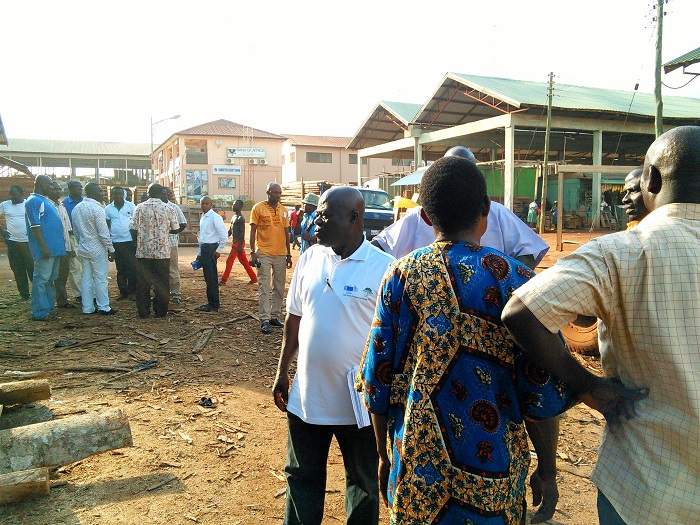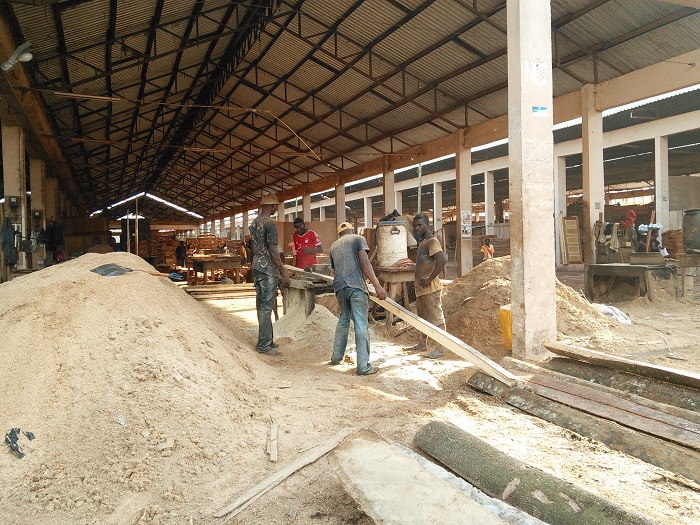Country or Region: Cameroon, Ghana, Uganda, Belize, Honduras, Guatemala, Vietnam and Thailand.
Sector: Trade Policy and Private Sector, Evaluation
Client: FAO
The European Union (EU) Forest Law Enforcement, Governance and Trade (FLEGT) Action Plan aims to address the presence of illegal timber in global markets and stop it from entering the European market. In 2008, the EU provided support through the Food and Agriculture Organization (FAO) to implement the Forest Law Enforcement, Governance and Trade Support Programme for African, Caribbean and Pacific countries (ACP FLEGT) Support Programme, a 4-year project to support government institutions, civil society and private sector organizations to implement the FLEGT Action Plan. The EU and FAO establishes a 4-year follow on programme in May 2012 called the EU FAO FLEGT Programme.
This project consisted in an evaluation covering the second half of the ACP FLEGT Support Programme and the EU FAO FLEGT Programme up to December 2014, which aimed to inform stakeholders about the project’s progress and performance towards attaining the expected outputs and outcomes, draw specific conclusions and formulate recommendations, identify specific good practices and lessons to be learned for the formulation and execution of other similar projects that address forestry governance or/and utilizing a small grand schemes.
More specifically, it consisted in evaluating the FAO Strategic Objectives and Organizational Results related to Trade and Private Sector, in particular to ensure that the civil society, private sector organisations and government institutions collaborate to enforce forestry legal frameworks.
The project comprised a desk based review followed by field visits, data collection and expert interviews in 8 countries: Cameroon, Ghana, Uganda, Belize, Honduras, Guatemala, Vietnam and Thailand. The project was critically assessed through the internationally accepted evaluation criteria (relevance, efficiency, effectiveness, impact, and sustainability), and compliance with the following UN Common Country Programming Principles: Human Rights Based Approaches (HRBA), Right to Food, Decent Work; Gender equality, Environmental sustainability, Capacity Development and Results Based Management as well as empowerment of non-state actors, South-South Cooperation and Monitoring and Evaluation (M&E).
The assignment resulted in the following outputs: supporting direct assistance in Voluntary Partnership Agreement (VPA) countries, completing thematic call for proposals in VPA and non-VPA countries, organizing stakeholder workshops in other developing countries to present FLEGT and VPA, publishing three FLEGT documents on experiences from FLEGT processes in VPA and other developing countries, implementing programme and project visibility and communication strategies, supporting two partner coordination meetings for global FLEGT programmes including exchange of experiences and lessons learned and work plan coordination.
